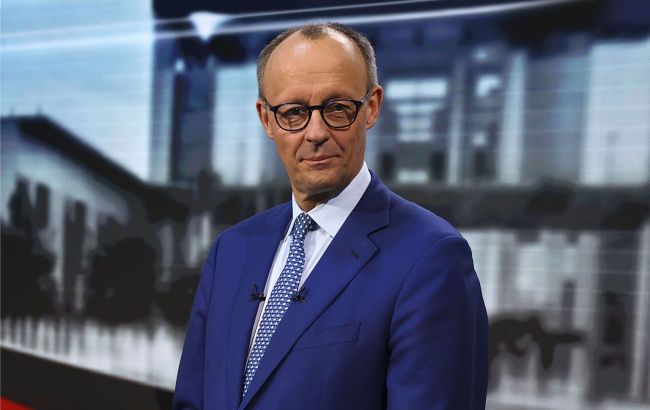Will Merz cooperate with far-right? Analyst breaks down constraints on Germany’s new Chancellor
 Friedrich Merz (photo: Getty Images)
Friedrich Merz (photo: Getty Images)
It will not be easy for the new Chancellor of Germany, Friedrich Merz, to lead the government. After all, in the current Bundestag, the far-right will be the largest opposition faction – more in the RBC-Ukraine's article – "Merz's time. Will new German Chancellor become Europe's leader and what should Ukraine expect."
In the current composition of the Bundestag, the far-right party Alternative for Germany (AfD) will become the largest opposition faction, which will complicate avoiding contact with it for the head of the Christian Democratic Union (CDU), Friedrich Merz. Especially given the minimal majority in parliament.
"It will not be easy for Merz because, on the one hand, part of his political force demands that he maintain the firewall at all costs. But, on the other hand, there is a growing influence of the environment that says that the firewall no longer has such a weighty force, so it is necessary to abandon it. These are primarily East German figures and various conservative publicists," said political scientist and international affairs analyst at the Western Institute in Poznań, Viktor Savinok, in a comment to RBC-Ukraine.
According to him, the arguments of those in favor of removing the "firewall" boil down to two theses. The first is that AfD is not ready for systematic work in the government and does not have the appropriate personnel, so its involvement in a coalition will lead to a drop in its ratings. The second – participation in power will allegedly force the party to shift to more moderate rhetoric, as has already happened with other radical forces in European countries.
"Both of these arguments can be debated, especially the second part, about softening the rhetoric, because we see that throughout its more than 10-year history, the AfD has been radicalizing its rhetoric," said Savinok.
New Chancellor of Germany
This year, parliamentary elections were held in Germany, the results of which brought victory to the conservative bloc of the Christian Democratic and Christian Social Unions (CDU/CSU), led by Friedrich Merz.
On May 5, CDU/CSU concluded a coalition agreement with the Social Democratic Party of Germany (SPD). It is expected that by the next day, the Bundestag will vote to elect Merz as the new chancellor.

